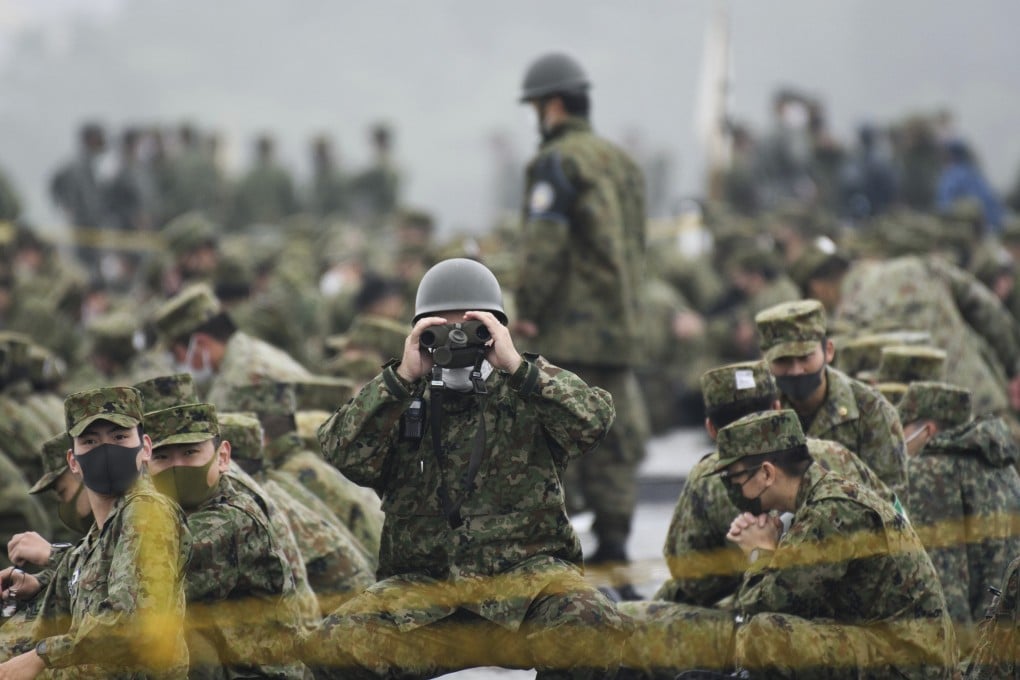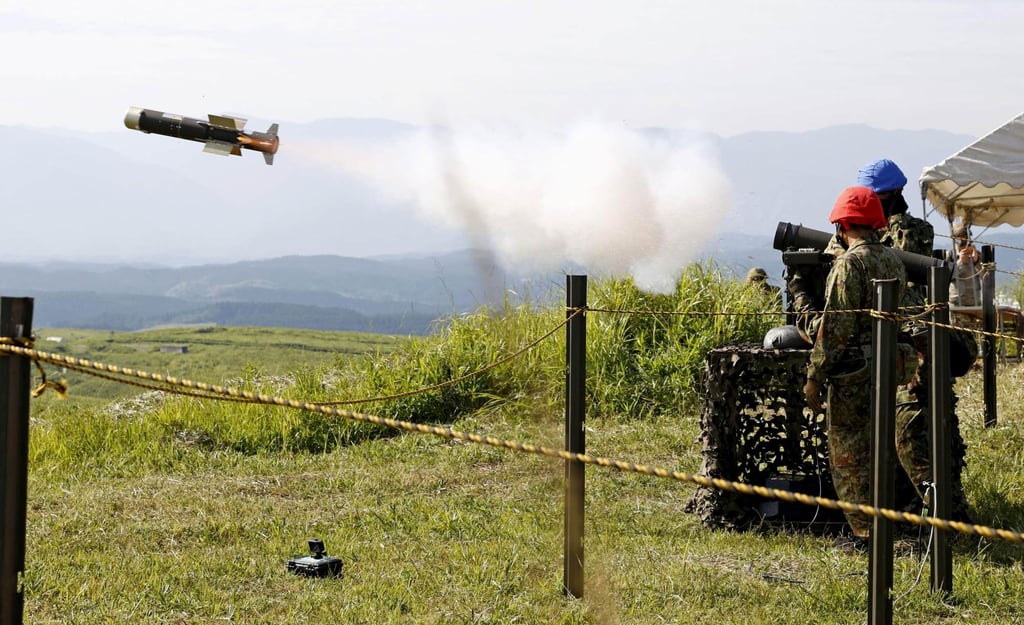Japan’s defence moves ‘necessary’ amid growing China aggression in Taiwan Strait: analysts
- Japan views tensions in the Taiwan Strait as ‘seriously destabilising’ to its own security as it relies on an open strait for safe passage of goods
- Tokyo is pursuing a capability to respond to unilateral moves to change region’s status quo without escalating conflict, observers note

Japan’s moves to ensure its own security in the event of a conflict in the Taiwan Strait could heighten tensions, but analysts say they are necessary to counter what is seen as growing Chinese assertiveness in staking its claims over the island.

Tokyo is also likely to station troops on Japanese islands near Taiwan, such as Yonaguni and Miyako, allocate manpower from the army to the navy and air force, and strengthen capabilities in monitoring Chinese military activities.
“Japan will and should (also) consolidate the cooperation among the countries that confront China territorially, such as Vietnam, Indonesia and the Philippines,” Sasaki said, such as by providing maritime security and capability building measures.
Five Chinese missiles also splashed down inside Japan’s exclusive economic zone in August.